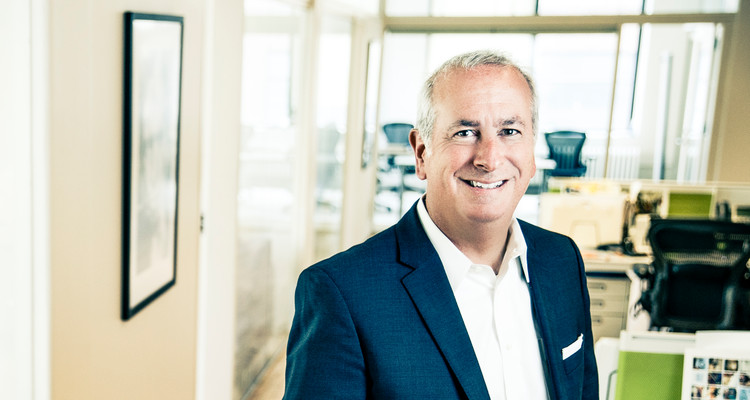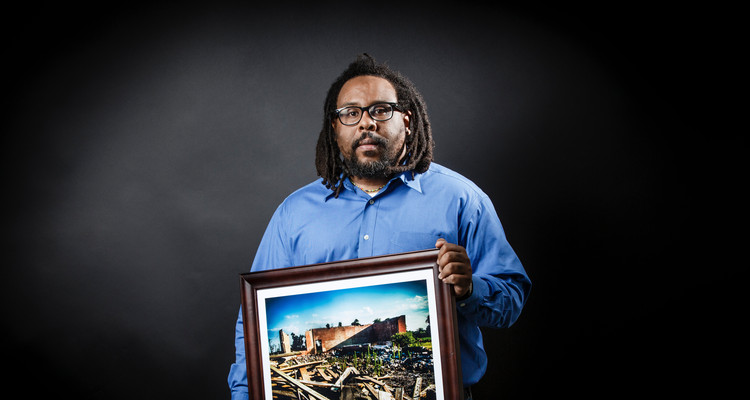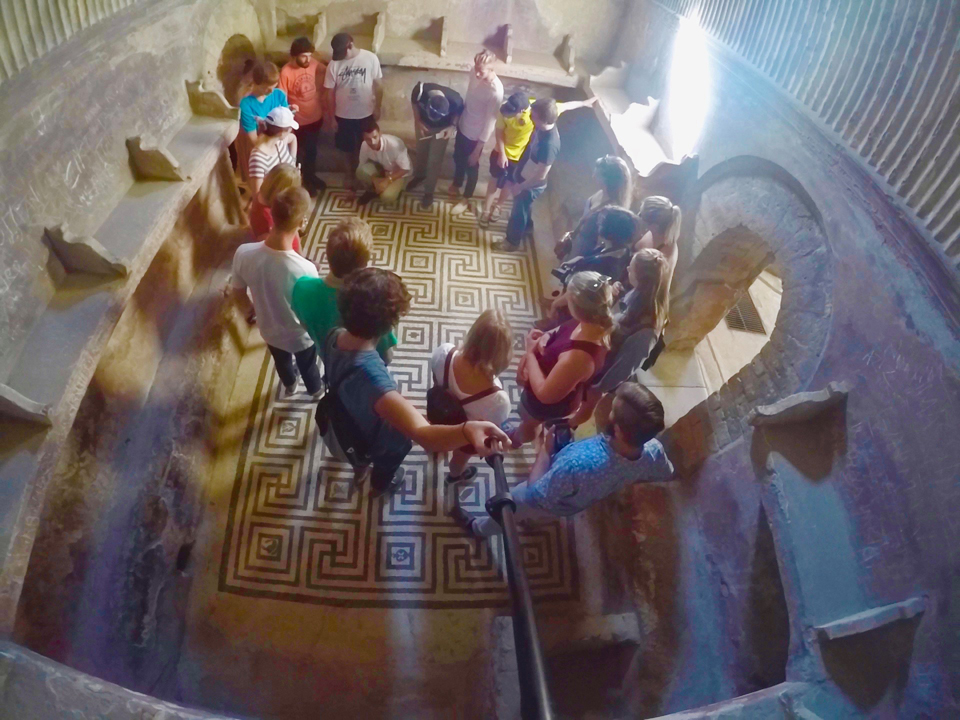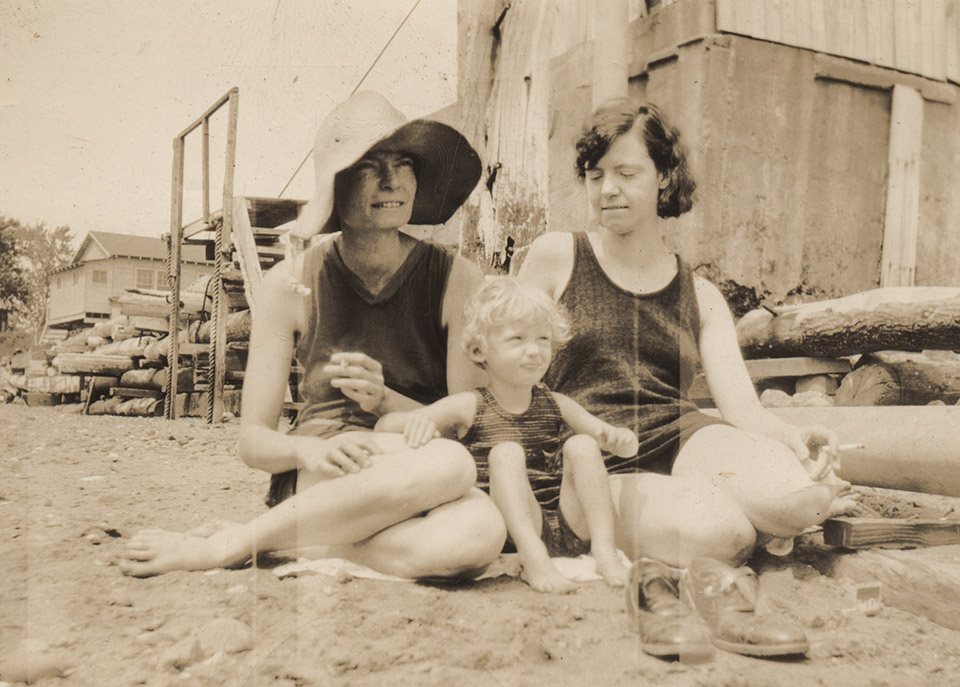Kevin DiLorenzo has guided award-winning advertising and communication campaigns for some of the world’s most recognized and respected brands. He is president and director of client services and brand strategy of Barrie D’Rozario DiLorenzo, an independent, full-service creative agency headquartered in Minneapolis. Before that, he was president and chief executive officer of Olson, and he began his career as a journalist for two CBS-affiliated news stations. He is also a member of the College of Arts and Sciences Board of Advisors.
After graduating from St. Thomas, you worked as a television reporter before embarking on a long and successful career in adver- tising. Both fields focus on creative messages. When and how did you realize that a communication career was for you?
My parents would tell you they knew shortly after I first started talking, but it took me a little longer to realize I could make a career out of it. Growing up in a big family, I quickly learned that – to be heard – you need to be able to size up a situation, form a point of view and persuasively express yourself. Journalism was a natural choice for me. During my senior year at St. Thomas, I interned at WCCO-TV. I thrived on the energy, pace and camaraderie of the news- room. That’s where I was first able to put my education to work and became convinced that a career in the field of communications was right for me.
Later on, I made the move into the advertising, PR and digital marketing world. My education and experience in journalism prove to be more valuable every day. In an increasingly social and connected world, smart, two-way communication is more important than ever. I enjoy digging in, understanding the issues and using my skills to help clients solve strategic and creative business and marketing challenges.
Last year, after a decade leading one of the nation’s largest indepen- dent advertising agencies, Olson, you joined a new agency to replace one of its founding partners. What lessons did you learn when pitch- ing in to help this new agency prosper?
My 10 years at Olson were amazing. During that time, we grew from being a local creative boutique to become one of the top 10 independent agencies in North America. Now, I’m approaching my first anniversary at Barrie D’Rozario DiLorenzo. I was attracted to the agency for a couple of reasons. First, I knew and admired Bob Barrie and Stuart D’Rozario. They are incredible talents and great guys. Second, the agency has an impressive pedigree of work and has been recognized as the “Best Small Agency in the U.S.” by the American Association of Advertising Agencies.
We have big plans for BD’D. We’re making strategic investments in our future by bringing in key people and expanding beyond Minneapolis to San Francisco, Chicago and New York. These are exciting times.
Over the years, I’ve learned that it takes a clear vision, great people and a strong culture to build a successful agency. Those are the qualities that attract the best talent, clients and opportunities. Without them, the business comes undone.
The communication professions broadly, and the advertising busi- ness specifically, have experienced great change over the course of your career. What’s different today from when you walked into your first job?
Everything is different. And, it keeps changing in real time. For that reason, there’s never been a more dynamic and exciting era to be in the business.
The core principles of delivering smart strategy, breakthrough creativity and flawless execution are the constants. But today, the ways that you can bring thinking and work to life are unlimited. I often joke that we’ll consider “any legal means possible,” but it’s not really a joke.
The days of building annual marketing plans with a predict- able mix of advertising, PR and digital tactics are long gone. These days, we’re building sophisticated marketing ecosystems that connect people and optimize messaging based on their interests and engagement.
My advice for anyone looking to get into advertising is pretty simple: Do your research and brand yourself. Before you draft your resume or walk into an interview, make sure you’ve clearly positioned yourself for the opportunity and effectively differentiated yourself to separate from your competition. Of course, you’ve got to have the skills to back up your claims, but I also look for people who demon- strate genuine passion, curiosity, creativity and optimism. Those are the kinds of traits that can take you farther in the business.
You’ve been involved with the programs that mentor students toward communication careers, and you’re also the parent of two college students. Would you encourage today’s students to prepare for communication careers? Why or why not?
Without a doubt. In fact, both of my kids are pursuing degrees rooted in writing and communication. Regardless of whether they actually pursue careers in communication, I believe that skilled communicators often have a competitive edge in the job market. In a world that suffers from information overload, those who know how to reduce complexity, uncover key themes and develop more succinct and powerful messaging will be increasingly valued by their employers.
Today, pretty much anyone can post an opinion or write a blog, so it can be easy to minimize the role of professional communicators. But not all communicators are created equal. As much as I respect the opinions of my friends and their extended circles expressed through social media, I still value the credibility of my go-to profes- sional sources for the facts and context behind the issues and stories that are most important to me.
How did your well-rounded education in the liberal arts and sciences influence your career? How are those liberal arts and sciences courses still relevant to today’s students?
I’m a big believer in the importance of a liberal arts and sciences education. To me, that well-rounded foundation promotes bigger thinking and lifelong learning. Those are true leadership traits, regard- less of the career path one chooses to take.





